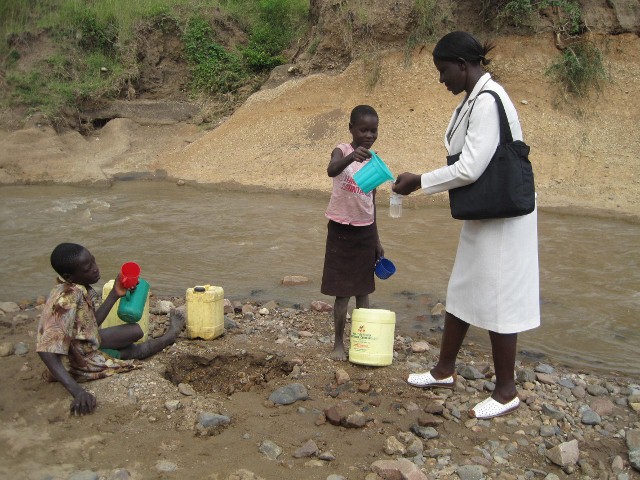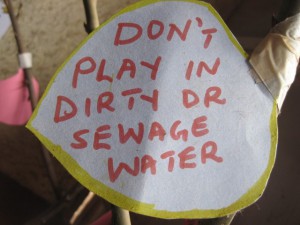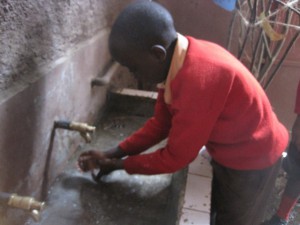The Mission Statement
“To decrease water borne diseases through programs to test, treat and improve water sources and to support sanitation and hygiene projects among the world’s most vulnerable populations, especially children in developing countries.”
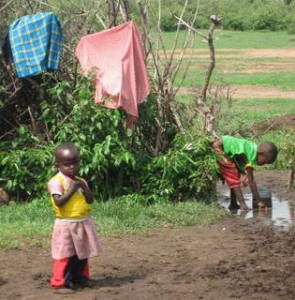 The founders of IWHA are committed to working with communities, local and national agencies and international organizations to provide safe water to those most in need.
The founders of IWHA are committed to working with communities, local and national agencies and international organizations to provide safe water to those most in need.
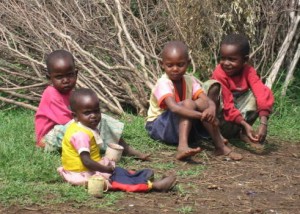
While water is the principal focus of IWHA, it is recognized that community development is an integrated process that takes into account all of the needs of a community best identified by those who live there. For example, any use of water also considers the health related issues of sanitation, hygiene and safe water storage. Those who produce food are also concerned with nutrition, marketing, water use and how to protect watershed.; Other community interests focus on income generation and credit for small businesses and educational opportunities. Special needs of the very young and the aged must also be acknowledged in planning for the future. IWHA’s approach to fulfilling its mission is to proceed in a manner sensitive to all community priorities and resources.
The Challenge
The World Health Organization reports that there are 2.2 million diarrheal deaths yearly related to unsafe water, sanitation and hygiene-principally among children under five. Approximately one billion people do not have access to safe water sources.
Community residents often assume water is safe to drink and rely on polluted rivers, lakes, and in some cases, unsafe wells or piped water. Household water treatment and safe storage results in improvements in water quality and reductions in water borne diseases.
The most affected are people in developing countries, living in extreme conditions of poverty, on the fringes of urban communities or in rural areas. In many countries, forty percent of all hospital admissions relate to unsafe water and lack of sanitation.
IWHA works to Improve Health and Save Lives
Those at risk do not have access to effective and inexpensive methods to determine if water is safe to drink. Testing laboratories are usually not available to those most in need because of other priorities, the high cost of testing and limited resources.
IWHA addresses these problems through safe water projects including water testing training programs for residents of under served rural and urban communities, staff of national and international non governmental agencies such as UN-Habitat, government health agencies and local water committees.
Training participants are taught:
- the connection between fecal material in water and the occurrence of disease; and
- the relationship of safe drinking water to hygiene and sanitation.
Efficient and practical hands-on training allows most community residents to test water sources on-site and demonstrates in a graphic way the absence or presence of Escherichia -coli (E•coli) which indicates fecal contamination.

